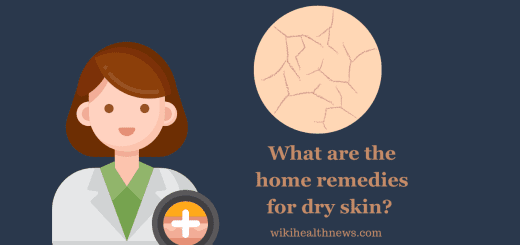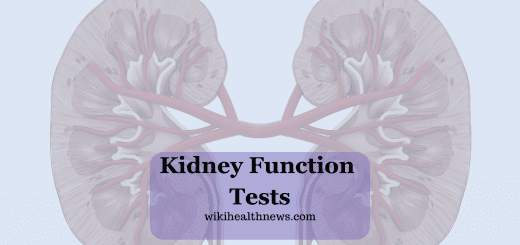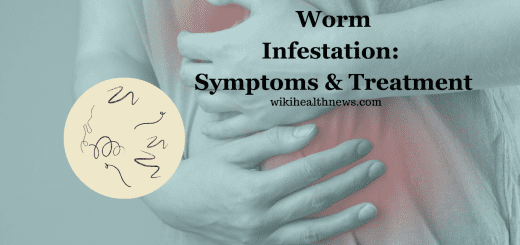Age-Related Fertility Issues in Women

How Advanced Age Affects Fertility?
Fertility changes with age. Both males and females become fertile in the adolescence period. In Girls, the reproductive years are marked by the onset of ovulation and menstruation which continues till menopause. Generally, reproductive potential decreases as women get older, and fertility can be expected to end 5 to 10 years before menopause.
AGE-RELATED FERTILITY IN THE FEMALE
In today’s world infertility is becoming more common due to advanced age because many women wait until their 30s to begin their families. Even though women today are healthier and taking better care of themselves than ever before, improved health in later life does not offset the natural age-related fertility decline. A woman’s cycles will remain regular, 26 to 35 days, until her late 30s to early 40s when her cycles become shorter. As time passes, her periods become increasingly infrequent until they cease completely. When a woman has not had a menstrual period for 1 full year, she is said to be in menopause.
FERTILITY IN THE MALE
As women age, fertility declines due to normal, age-related changes that occur in the ovaries. However, men continue to produce sperm throughout their lives, a man’s decrease in sperm characteristics occurs much later. Sperm quality deteriorates somewhat as men get older, but it generally does not become a problem before a man is in his 60s. there is no maximum age at which a man cannot father a child, as evidenced by men in their 60s and 70s conceiving with younger partners. Age-related fertility issues in men may develop due to medical illnesses that adversely affect their sexual and reproductive function. Not all men experience significant changes in reproductive or sexual functioning as they age, especially men who maintain good health over the years.
A woman’s best reproductive years are in her 20s. Fertility gradually declines in the 30s, particularly after age 35. Each month that she tries, a healthy, fertile 30-year-old woman has a 20% chance of getting pregnant. That means that for every 100 fertile 30-year-old women trying to get pregnant in 1 cycle, 20 will be successful and the other 80 will have to try again. By age 40, a woman’s chance is less than 5% per cycle, so fewer than 5 out of every 100 women are expected to be successful each month.
Women do not remain fertile until menopause. The average age for menopause is 51. Age-related fertility in women happens because both the quality and the number of eggs gradually decline.
EGG QUALITY
A woman’s age is the most accurate test of egg quality because egg quality decreases as the woman approaches menopause. An important change in egg quality is the frequency of genetic abnormalities which make the aging woman less likely to become pregnant and more likely to have miscarriages. In women with age-related fertility, more and more of her eggs have either too few or too many chromosomes. That means that if fertilization occurs, the embryo also will have too many or too few chromosomes.
EGG QUANTITY
Aging women begin to lose ovarian reserve before they become infertile and before they stop having regular periods. As ovarian reserve declines, the follicles become less and less sensitive to FSH stimulation, so that they require more stimulation for an egg to mature and ovulate. However, young women may have reduced ovarian reserve due to smoking, family history of premature menopause, and prior ovarian surgery. Young women may have diminished ovarian reserve even if they have no known risk factors and this is independent of age-related fertility issues.
How Infertility Evaluation is done for age-related fertility?
If a woman is 35 or older, infertility evaluation should begin earlier than younger women, usually after 6 months of trying to conceive. Fertility tests may include ovulation detection and evaluation of the fallopian tubes, cervix, and uterus. The male partner will have a semen analysis. Most testing can be completed within 6 months, and appropriate treatment can be started immediately after the evaluation is completed. Age-related fertility is more likely to have a medical disorder, such as high blood pressure or diabetes, which should be evaluated before fertility treatment. Children born to women over age 35 have a higher risk of chromosomal problems. Women can choose to discuss these risks with their clinical care provider or a genetic counselor prior to attempting pregnancy.
What are the treatment options and alternatives in age-related fertility?
DONOR EGG PROGRAMME FOR AGE-RELATED FERTILITY
In women over 40, the success rate of intrauterine insemination IUI is generally less than 5% per cycle. This compares to success rates around 10% for women ages 35 to 40. IVF is more effective but also has relatively low success rates in age-related fertility issues, generally less than 20% per cycle. Egg donation, which involves the use of eggs donated by another woman who is typically in her 20s or early 30s, is highly successful in aging women. By age 43, the chance of becoming pregnant through IVF is less than 5%, and by age 45, the use of donor eggs is the only reasonable alternative.
FERTILITY PRESERVATION
Women who wish to delay childbearing until their late 30s or early 40s may consider methods of fertility preservation such as freezing of embryos after IVF or retrieving and freezing eggs for later use.
PREIMPLANTATION GENETIC SCREENING
This technology applies to embryos created during a cycle of IVF. It may be useful for older women who wish to use their own eggs.
Generally, age-related fertility begins to drop in the late 20s or early 30s and falls more rapidly after the age of 35. Women who decide to delay pregnancy until after age 35 should be aware of their own needs and goals and consult fertility specialists for more information.

Read More











